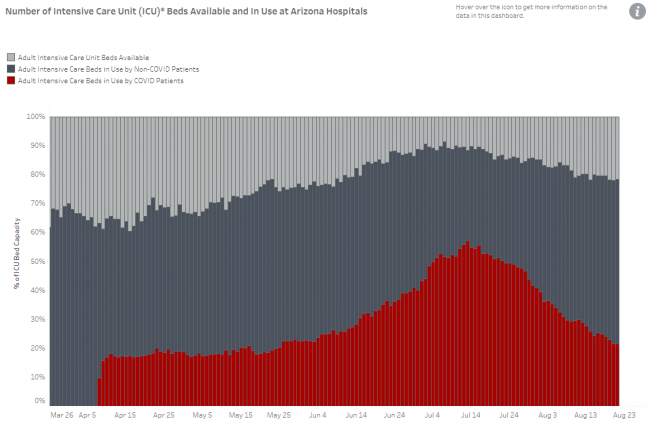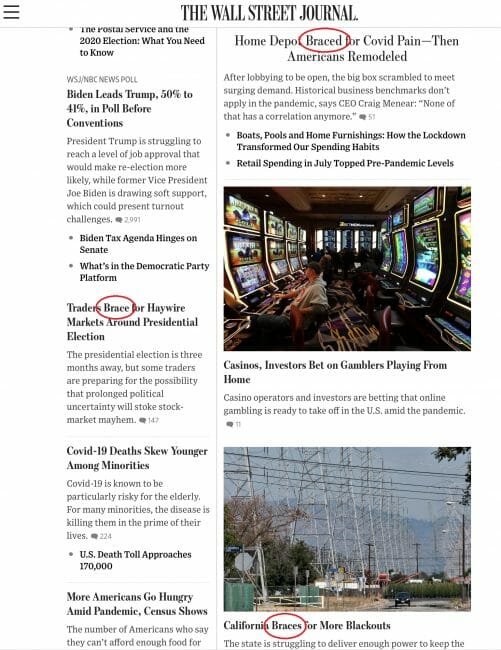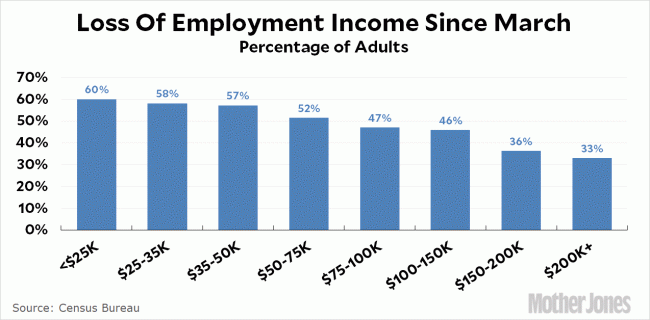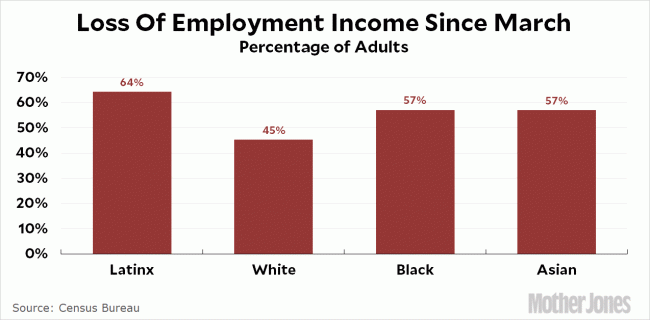A Framework for Thinking About Lockdowns and Why They Are Counter-Productive
Warning: I am not a trained expert on infectious diseases, just a well-informed person with scientific training and a bias towards skepticism. If you are a scientific Catholic (meaning your science can only come from officially-designated authorities) rather than a scientific Protestant (which allows you to take responsibility for your own understanding of the universe) then you might as well skip to the next article.
Hypothesis 1: It is impossible for a large population in a modern society to hide from the disease. It might be possible to delay or slow the onset of the disease in the larger group, but until some sort of herd immunity exists, reservoirs of the disease will still remain and spark new infections. For God sakes we still have whooping cough outbreaks in this country. Look at COVID disease curve shapes for states and counties -- Some locked down early, some late, some hard, some not at all. Some required masks and some didn't. But all the curves look the same shape.
Corollary 1: All lockdowns do is delay the onset of the disease, not avoid it, and thus add severe economic dislocation, increased poverty, domestic violence, alcoholism, suicide and any number of other negative lockdown effects to the inevitable toll of the disease. If we are doing anything at all to affect the course of the disease, we are stretching out the misery.
Hypothesis 2: Individuals can, with some decent probability of success, hide from the disease. There are those who see a conflict between hypotheses 1 and 2, so let me address that. There is a very old joke about two men who are camping and are awakened by a very large, angry, hungry bear. One man starts putting on his tennis shoes. The other says to him, "you can't outrun that bear" and the first man responds, "I don't have to outrun the bear, I just have to outrun you." In this story, no matter how much running or hiding is done, its likely unavoidable that 50% of the men will get chomped, but individual action can influence who that 50% is.
Corollary 2: While we cannot do much about ultimate COVID case counts, because the disease is so selective in who it tends to kill we CAN do a lot to limit the death toll. We should be protecting seniors and other vulnerable people. Everyone nods their heads to this. But logically we should also be encouraging everyone else to get the disease and get us to herd immunity. I don't want to overstretch the bear analogy, but imagine now that one of the two men were wearing a Kevlar suit. That person needs to face the bear while the other runs -- the experience may not be pleasant for him, but he will probably survive and thus the total bear death toll will be reduced 100%.
A while back when I was active on Twitter, I wrote that instead of closing colleges, we should have opened them for 8 weeks this summer with no teachers and administrators -- Just leave them alone with a few truckloads of alcohol and condoms. Soon an entire generation would be immune. The death rate from COVID in healthy 20-year-olds is microscopic (it appears to be lower than the flu, which killed my 25-year-old nephew btw). Instead we sent them all home from infection hotspots of NY and Boston to potentially infect grandma.
The best way to test a series of hypotheses that are crafted from historic data is to see if they continue to make sense going forward. So I bring you this recent story on COVID and Hawaii:
After initially defying fears that its proximity to Japan and popularity with tourists might lead to a massive outbreak, Hawaii is finally facing its very own COVID-19 reckoning.
The state is now struggling with a genuine surge in the month of August after remaining at or near the bottom of the US league tables for the first four months of the pandemic.
For a small state with just 1.4 million residents, Hawaii has a total of 7,260 confirmed cases, 5,549 of which were confirmed within the last month, according to Johns Hopkins data. The state has gone from last or near last to No. 19 in terms of new cases reported daily over the past few weeks.
From mid-March to mid-June, the state saw an average of just 7.9 new cases reported per day. Last week, that average number climbed to 219.
This is terrible news for a state that, at the end of July, had the highest unemployment rate in the US (more than 13%) due to its reliance on tourism.
For me, given my hypotheses about virus responses, this is the least surprising story ever. But apparently the "experts" are scratching their heads
One infectious disease specialist says the surge is surprising given Hawaii's geography, and the plunge in tourism-related traffic.
"As a public health professional, I expect this to look like New Zealand," he said, referring to the Pacific island nation that isolated itself and had few Covid-19 cases.
Postscript: I am not a fan of "check your privilege" retorts, but if one accepts that framework for a moment, one might notice just how privileged the exhortation to "Lock down, work from home, and stay in touch with friends over Zoom" really is. Listen to the folks rooting for lockdowns and you will find that the vast majority
- have professional jobs that can be done from home
- continue to get paid even when they don't work at all (e.g. teachers and politicians)
- have a lot of savings
A large number also tend to ignore the rules they foist on everyone else.
Update: Relevent to my sort of tongue in cheek college suggestion above
COVID on Campus - Nearly 26,000 Students on 29 Campuses Identified with COVID - But ZERO Hospitalized, ZERO Deaths https://t.co/jJ9wIPl7vk via @gatewaypundit @joehoft
— Jim Hoft (@gatewaypundit) September 8, 2020







